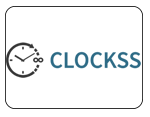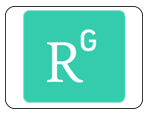Digital Preservation and Self-Archiving
The Colombian Journal of Advanced Technologies is committed to ensuring the digital preservation of its content. Below are the main measures adopted:
-
Use of Open Journal System (OJS): RCTA uses OJS to efficiently manage its publications and ensure the digital preservation of its content.
-
Assignment of Digital Object Identifier (DOI): Each article published in RCTA is assigned a DOI, providing a persistent identifier managed by Crossref. This facilitates the unique identification and citation of the articles within the academic community.
-
PKP Preservation Network: RCTA benefits from the free digital preservation services provided by the PKP Preservation Network. The journal's files are stored in LOCKSS, a system developed by Stanford University Library, ensuring permanent and secure archiving.
-
Open Access Policy: RCTA follows an open access policy, meaning its content is freely available to all users without access or download charges. This policy promotes knowledge sharing and the dissemination of the journal's content.
Authors may deposit their articles in institutional, thematic, personal repositories, or academic websites, provided that the correct citation of the version published in the journal is maintained.
The deposit of the following versions is authorized:
- Postprint version: Manuscript accepted after peer review, which may be made public immediately after acceptance.
- Final published version: Official version edited and formatted by the journal, available after its definitive publication.
Recommended Platforms for Self-Archiving


















